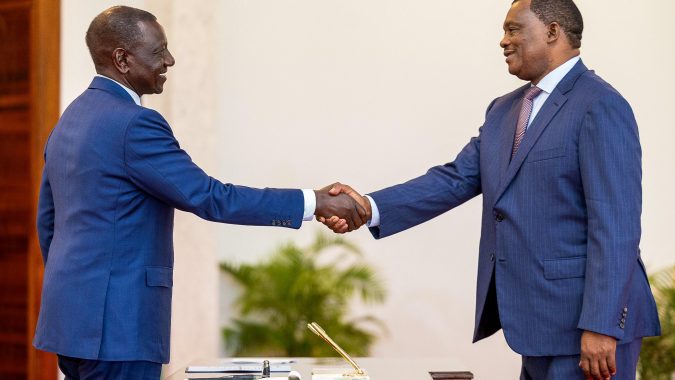Top political highlights of 2024

As we delve into the top political highlights of 2024, it should be noted that the year was nothing short of eventful as far as politics is concerned.
Kenya’s political landscape continues to evolve, reflecting the dynamic interplay of governance, democracy, and citizen engagement.
There have been pivotal moments that defined Kenyan politics in 2024.
Some of the key highlights are shifts in political alliances, UDA party purge, parliamentary leadership changes, impeachments and the rise of youthful political voices challenging traditional norms.
Kenyans have also remained steadfast, holding leaders accountable and driving the national discourse on governance and development, thanks to Morara Kebaso and other like-minded citizens.
As the year ends, K24 Digital has captured some of its top political highlights.
Shifts in political alliances
Once a vibrant opposition alliance, Azimio la Umoja – One Kenya coalition party went through a slow death in 2024.
After refusing to append his signature on the National Dialogue Committee (NADCO) report in late 2023, Democratic Action Party of Kenya (DAP-K) leader Eugene Wamalwa, an Azimio co-principal, turned down allowances accrued during the NADCO sittings.
In a letter to Parliament Clerks that was written in March 2024, Wamalwa expressed his reluctance to collect the said dues owing to a difference in opinion with the NADCO report.
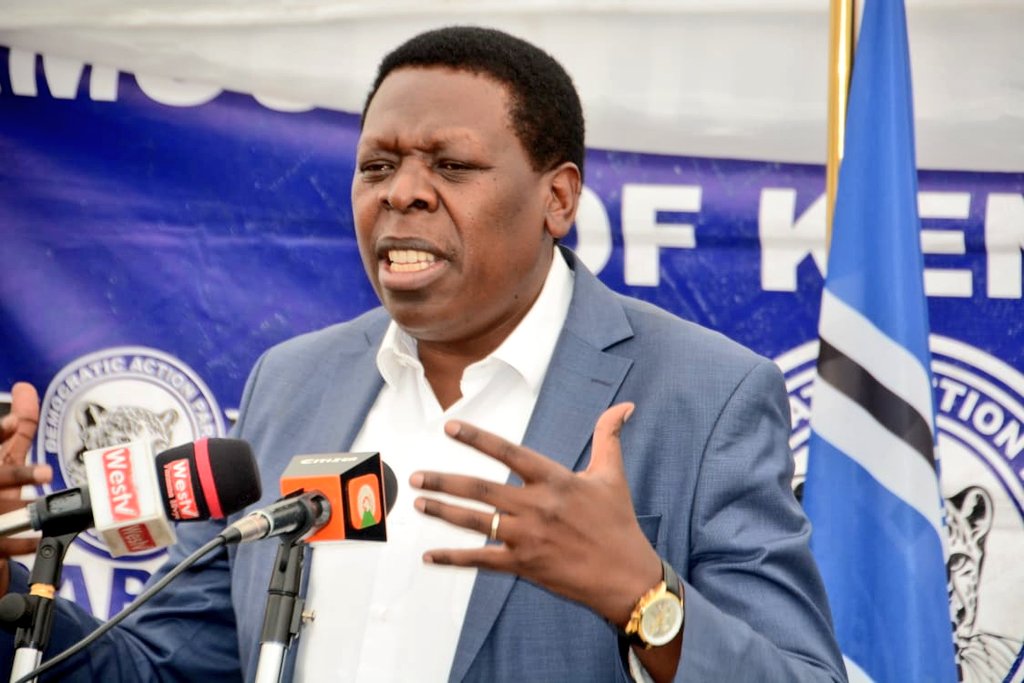
Wamalwa’s action marked the beginning of cracks in Azimio, after the coalition leader Raila Odinga had hinted at the same when he met President William Ruto in Uganda in 2023.
When pressure mounted on President Ruto in July 2024, with Gen Zs calling for his resignation during their famous demos, Raila, an African Union Commission (AUC) chairperson hopeful, came out to defend the first in command.
Addressing members of the Orange Democratic Movement (ODM) Parliamentary Group, Raila stated that removing Ruto would only result in the then Deputy President Rigathi Gachagua assuming power and perpetuating the same detrimental policies that Kenyans were against.
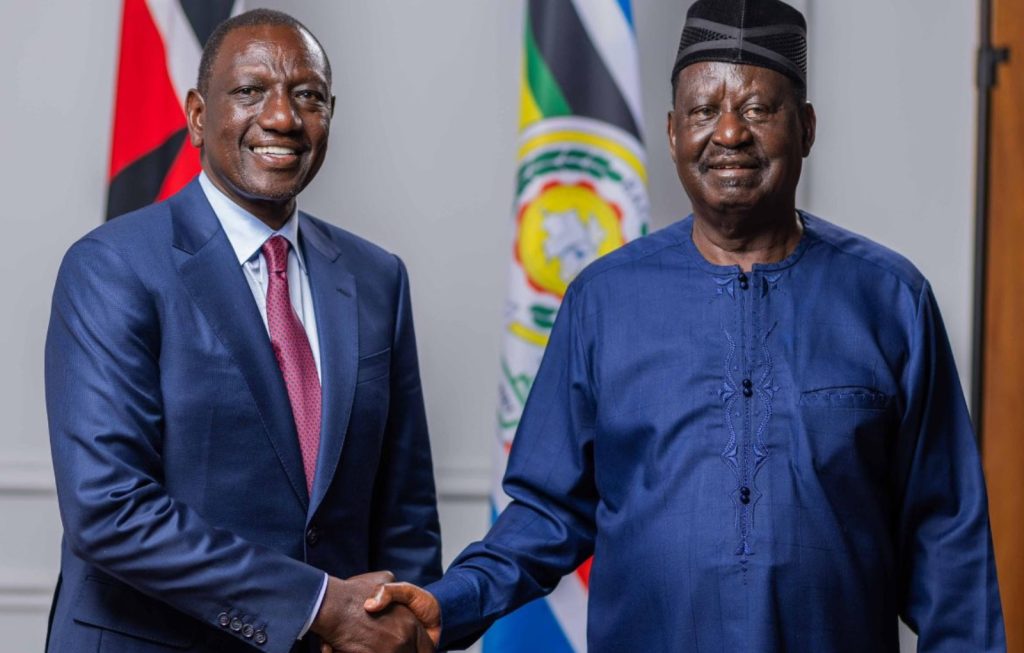
The coalition’s members, including ODM, are increasingly divided, with some factions gravitating towards Gachagua in anticipation of a potential pre-election alliance in 2027, thereby isolating Raila.
Tensions intensified during an Azimio meeting, where Wiper Democratic Movement party leader Kalonzo Musyoka, an Azimio principal, was abruptly ejected while delivering resolutions that opposed joining the government.

Musyoka’s address was disrupted by rowdy youths shortly after he began reading the resolutions, while Raila had already excused himself for other engagements.
Due to his AUC ambition, Raila openly started working with President Ruto and saw four ODM members join the government as Cabinet Secretaries.
As a result, Peter Munya’s PNU, an Azimio affiliate party, decided to exit the coalition.
Martha Karua’s Narc Kenya would then follow, with Wamalwa’s DAP-K being the latest to hint at a formal exit from Azimio.
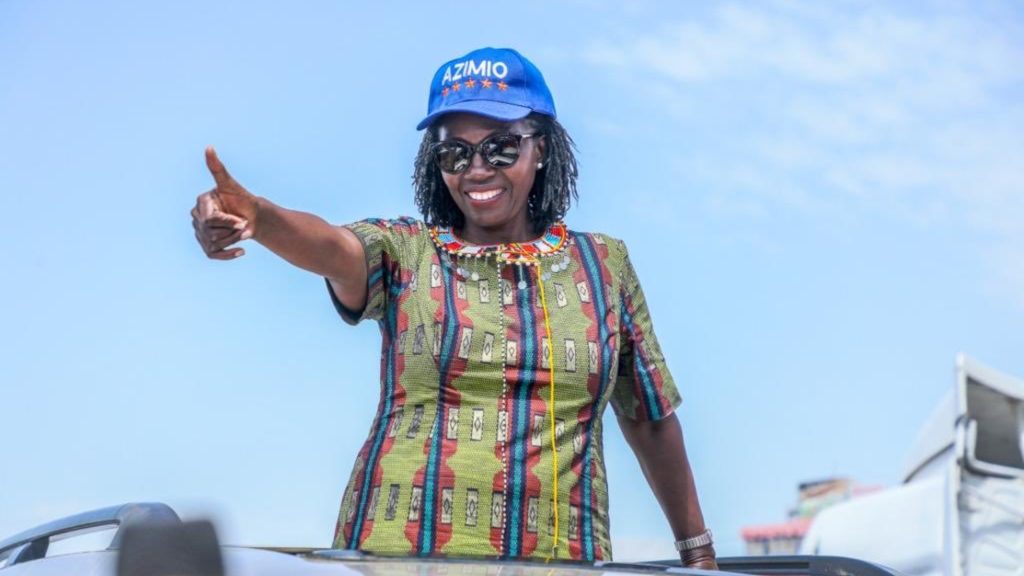
The shift has now seen Raila and his allies work with President Ruto, with Kalonzo leading the remaining faction of Azimio that comprises of Wamalwa and Jubilee party’s Jeremiah Kioni, who have since declared themselves as the people’s loyal opposition.
UDA purge
The ruling United Democratic Alliance (UDA) has kicked out some of its leaders that were considered unwanted.
The first victim of the UDA purge in 2024 was former Kakamega county senator Cleophas Malala who was removed as the party’s Secretary-General, with EALA MP Hassan Omar taking over in acting capacity.

The second victim of 2024 was former deputy president Rigathi Gachagua who was removed as the deputy party leader, with his successor Kithure Kindiki taking over in November 2024.
Parliamentary leadership changes
Several changes were made to the house leadership after Raila started supporting President Ruto’s administration.
Suna East MP Junet Mohamed took over as the Minority Leader, with his Suba North counterpart Millie Odhiambo taking up the role of Minority Whip, Saboti MP Caleb Amisi took up the role of Chair Public Accounts Committee, and Funyula MP Wilberforce Oundo took up the seat of Vice Chair.
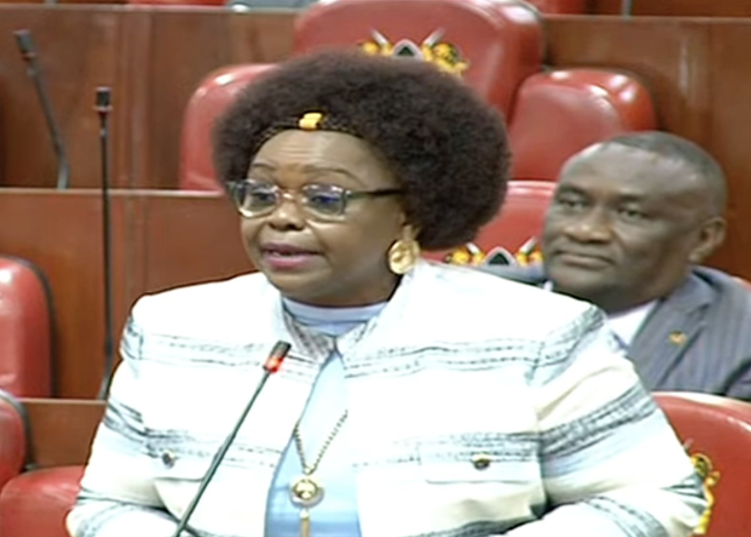
The position of Minority leader was created after Opiyo Wandayi was appointed by President Ruto as Energy Cabinet Secretary. Millie stepped into Junet’s position as the Minority Whip.
Impeachments
Several impeachments were witnessed in 2024, ranging from governors to a deputy president.
Whilst some survived the ouster, a few were not lucky.
Meru Governor Kawira Mwangaza was the first leader to be impeached in 2024 after Senators voted to send her home based on three charges of which she was found guilty in August.
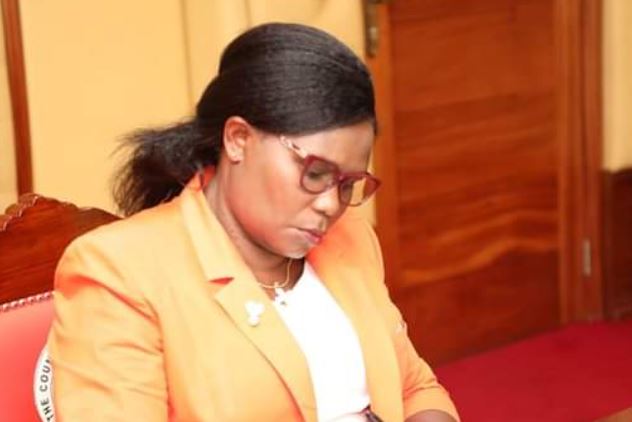
On the first charge—gross violation of the Constitution and other laws—the Senate found Mwangaza guilty, with 26 senators voting in support, 4 against, and 14 abstaining.
However, Mwangaza is still in office courtesy of a court she obtained after challenging her in court.
Mwangaza, through her lawyer Eliud Mutuma, went to court to challenge the Senate decision and obtained orders barring her removal from office.
She questioned the validity of the impeachment day, arguing that it was not officially gazetted for such proceedings.
Her case is still active in court.
In October, Kericho Governor Erick Mutai survived impeachment after 34 Senators voted to support a preliminary objection raised by his defence when Kericho county MCAs ousted him and forwarded his case to the Senate.
Lawyer Katwa Kigen, leading the governor’s defence, told the Senate that the two-thirds threshold had not been met when the County Assembly impeached him.
The Senate got into a debate based on that technicality and finally voted with a result of 10 Senators opposing the preliminary objection.
In the same month of October, the then deputy president Rigathi Gachagua was impeached.
This is after Kibwezi West Member of Parliament Mwengi Mutuse tabled a motion in the National Assembly to oust Gachagua, which was passed.
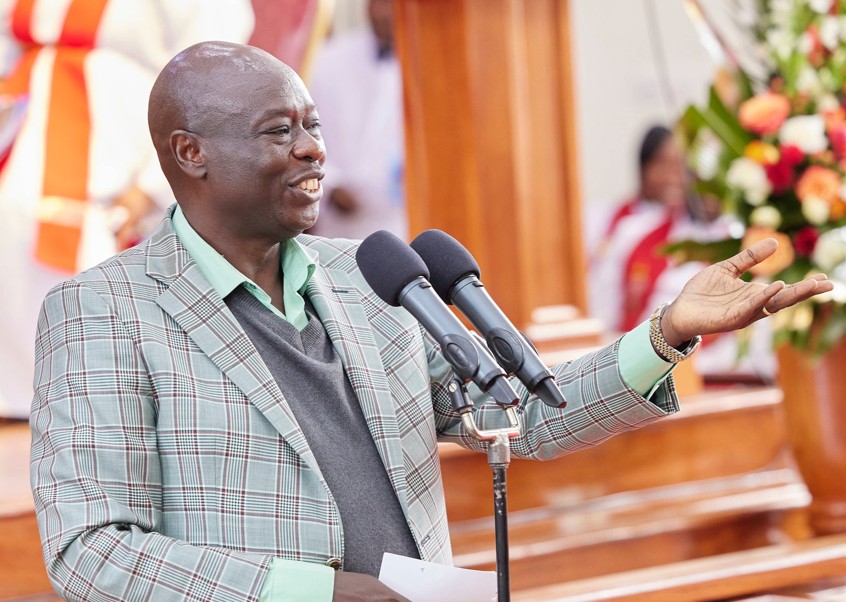
The case moved to the Senate for prosecution but Gachagua could not survive again. He moved to court to block his ouster and managed to obtain conservatory orders that temporarily barred his replacement.
However, a three-judge Bench led by Judge Eric Ogola that was presiding over Gachagua’s impeachment case set aside the conservatory orders, paving way for the swearing-in of deputy president Rigathi Gachagua who assumed office on November 1, 2024.
ODM loses MP seat
The Orange Democratic Movement (ODM) party lost a parliamentary seat in 2024.
The is after Supreme Court on May 31, 2024, upheld a decision to nullify the election of Magarini MP Harrison Garama Kombe, who had been elected on an ODM ticket.
A five-judge bench of the apex court ruled that there was no error in the Court of Appeal’s finding that the petitioner, Stanely Kenga Karisa, had met the standard of proof, thereby discharging the burden of proof and establishing that there was indeed non-compliance with the Constitution and the law.
Kenga, a former Kilifi County Assembly Speaker, contested the seat on President William Ruto’s United Democratic Alliance (UDA) party ticket and garnered 11,925 votes against Kombe’s 11,946, a difference of 21 votes.
Kombe’s election was nullified by High Court judge, Alfred Mabeya, who cited massive irregularities that affected the final result.
The decision was upheld by the Court of Appeal before Kombe obtained an order allowing him to appeal to the Supreme Court.
The ODM party, however, endorsed Kombe and vowed to support him to reclaim his seat through the by-election that has since not been conducted.
PL @RailaOdinga says the party will fully support the bid by the immediate former MP for Magarini Harry Kombe, (whose election was nullified) to recapture the seat when the date for the by-election is set. He said Hon. Kombe, is the party candidate. @GideonMungaroM pic.twitter.com/1rVVCXs3KI
— The ODM Party (@TheODMparty) October 14, 2024













